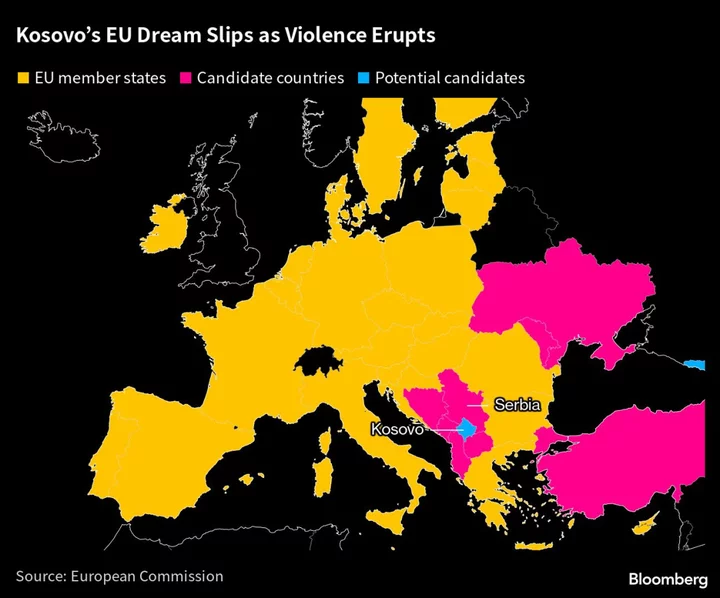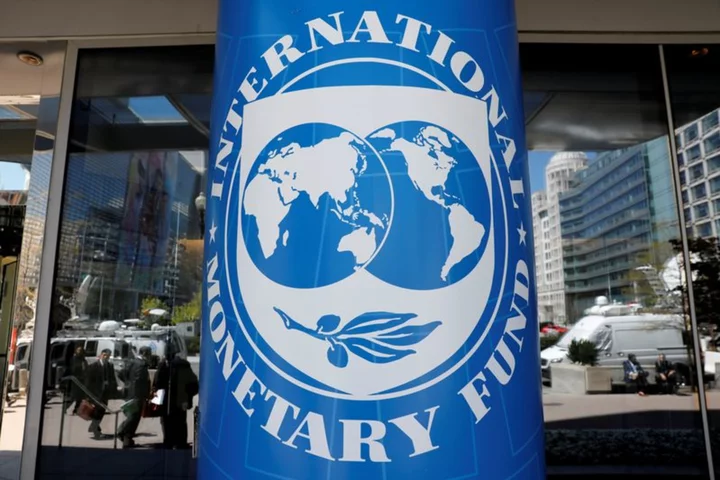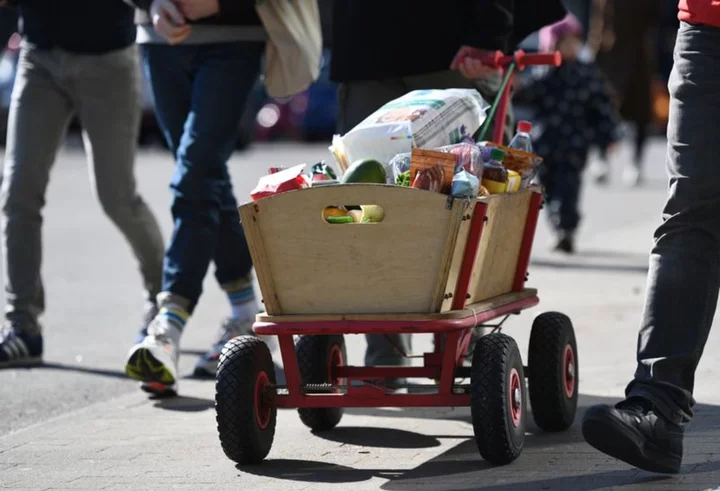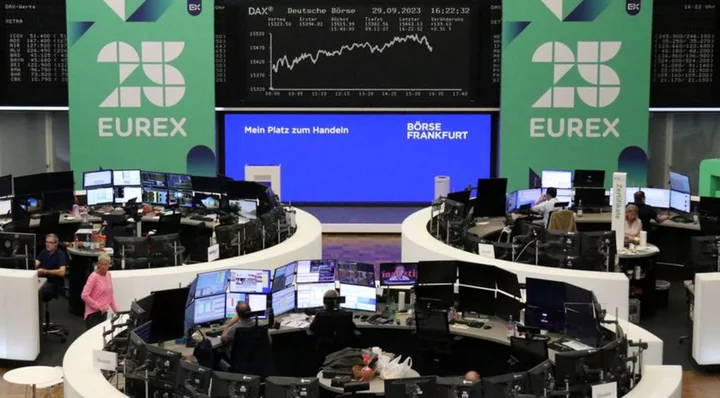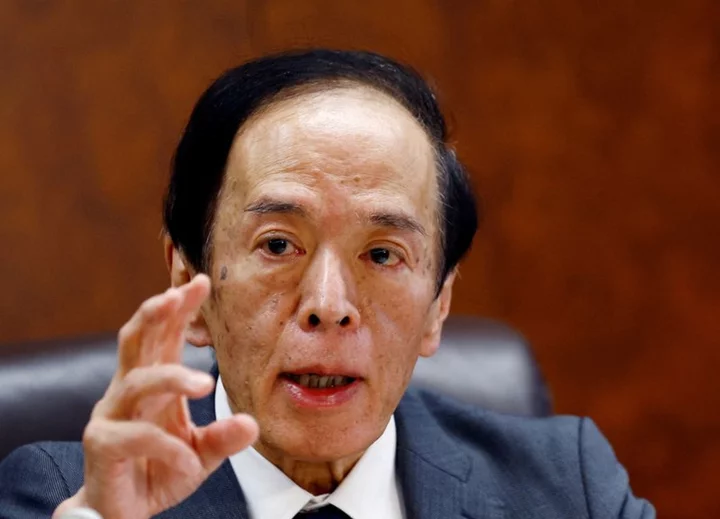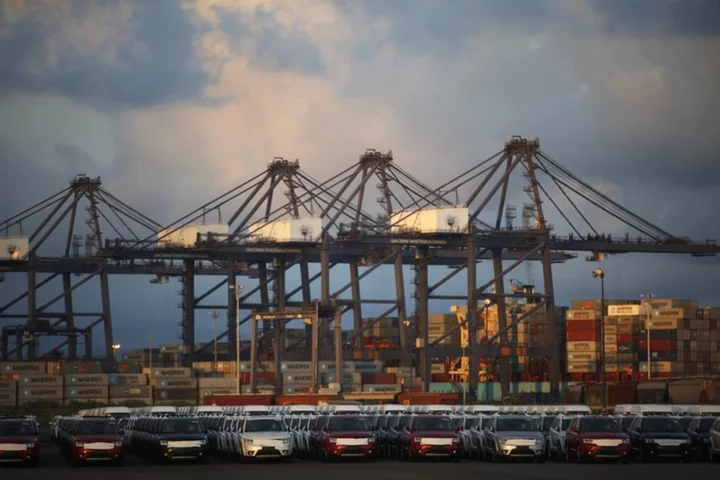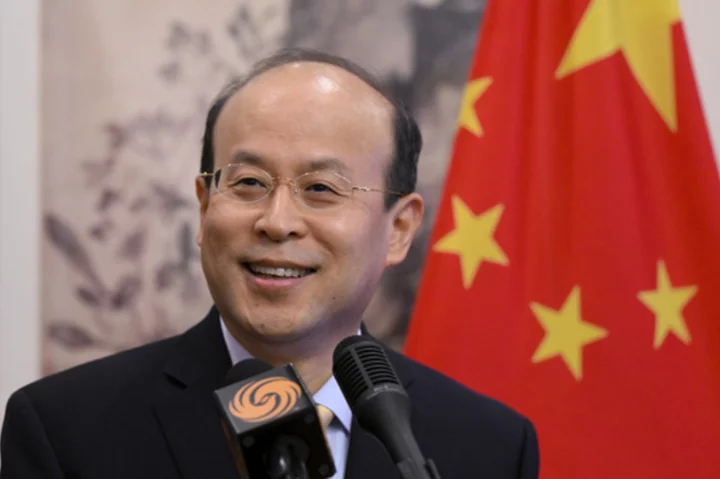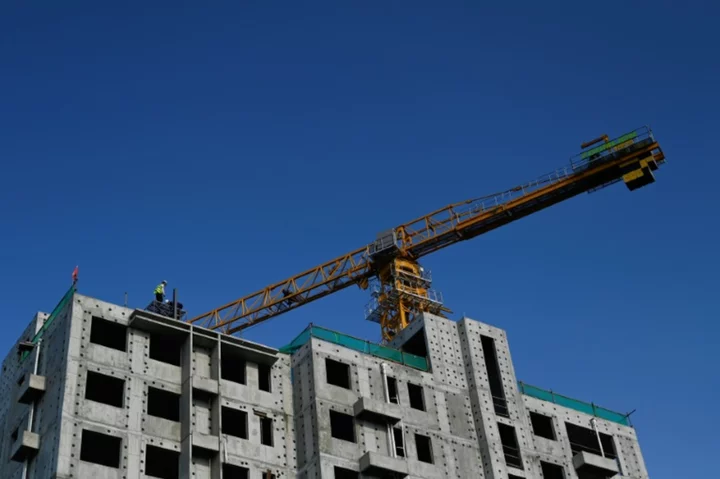Serbia’s top general threatened armed intervention in Kosovo and called on NATO troops stationed in the north to protect the Serb minority from the ethnic Albanian majority, signaling what the European Union called a dangerous escalation.
Ethnic Serbs “are exposed to a pogrom” by the government of Kosovo Prime Minister Albin Kurti, the Serbian army chief of staff, General Milan Mojsilovic, said late Friday in an address on Belgrade-based Serbian state television. “This terror cannot be borne any longer.”
Mojsilovic said he asked the commander of KFOR, the North Atlantic Treaty Organization-led peacekeeping force stationed in Kosovo, to undertake unspecified “urgent measures to protect Serbian people.”
Otherwise, Serbia’s army is ready to act in accordance with Serbian constitution if it receives an order from President Aleksandar Vucic, he said.
Serbia previously raised its military readiness to the highest level. Any move across the border into Kosovo would mean a confrontation with about 4,000 NATO troops.
Earlier Friday Kosovo police earlier Friday arrested a Serb suspected of attacking KFOR soldiers in May, Pristina-based Koha reported.
Read more: US, EU Warn of Serbia-Kosovo Unrest Igniting Broader Conflict
Kosovo police have detained a number of Serb nationals in related investigations, while Serbian forces last week detained three Kosovo policemen of ethnic Albanian origin.
NATO announced in May that the alliance is deploying 700 more troops and putting an additional battalion on higher readiness after 30 peacekeepers were injured the worst clashes in a decade in northern Kosovo. The force, with a stepped-up troop strength of about 4,500, is led by Italian Major General Angelo Ristuccia.
NATO air strikes against Serbian targets 1999 forced Belgrade to withdraw its forces, opening the way for Kosovo to declare statehood in 2008 that Serbia hasn’t recognized.
Tension between the two wartime enemies has run high for weeks. EU foreign policy chief Josep Borrell this week met with separately with Vucic and Kurti in Brussels with no apparent progress in easing tensions.
Read more: EU Calls for New Elections in North Kosovo ‘As Soon as Possible’
Borrell said he’s “very alarmed” by the situation in northern Kosovo and the escalation “is becoming dangerous.”
“We will not tolerate it,” he said in on Twitter late Friday.
(Updates with earlier development in the sixth paragraph.)

